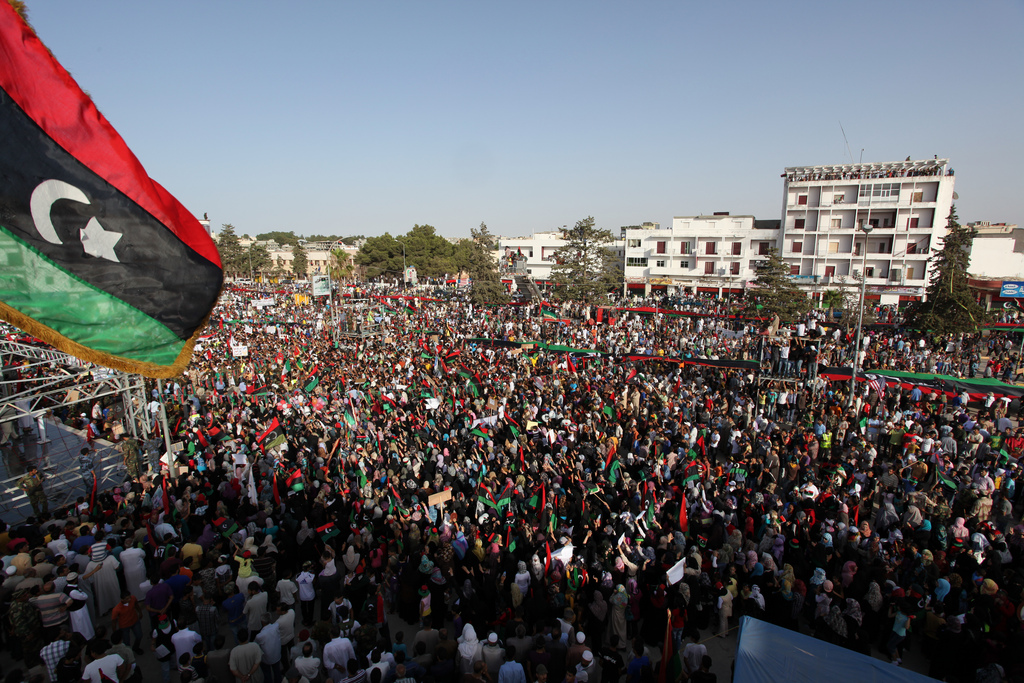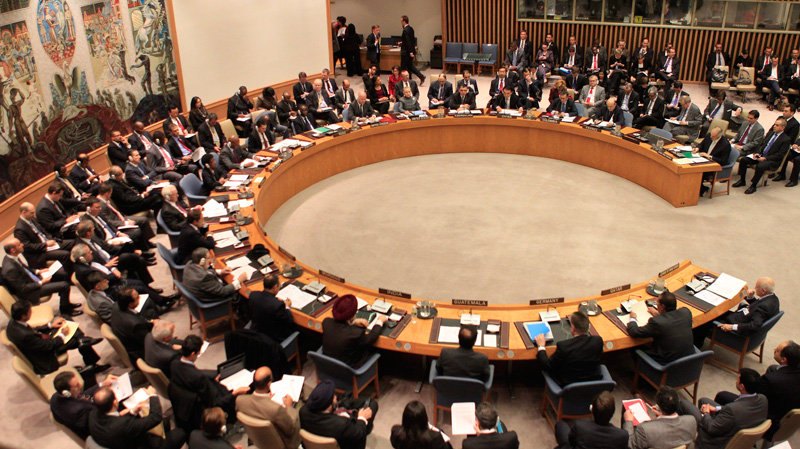An upswing of violence has plagued the Middle East for the better part of two decades, and has begun to spill onto foreign shores in the form of brutal acts of terror. With a power void in the Middle East following the withdrawal of coalition forces, the Islamic State (IS), the most brutal and violent of all the al Qaeda affiliated groups, has begun to take control over massive swaths of Iraq and Syria. IS has quickly become one of the greatest challenges facing peace in the Middle East, and with further action and threats against coalition forces, it is quickly becoming a global issue. IS has now begun to recruit young Muslims from nations across the globe, causing states to look inward for potential terrorist threats. The brutal acts of terror against French civilians and Parisian police last week are a grim reminder that this unprecedented violence associated with Islamist movement continues to pose a threat on foreign shores.
ISIS, (IS) or the Islamic State of Iraq and Syria, rose to prominence as coalition forces were in the process of leaving Iraq. ISIS originated as an ultra violent sub-sect of the larger al Qaeda terror network who was responsible for much of the insurgency in Iraq during the American invasion. Since its inception, ISIS has merged with other small-scale groups to bolster its numbers, which are made up of mainly foreign fighters from the surrounding countries. Once coalition forces began to withdraw from Iraq, increasing numbers of Iraqi citizens began to join ISIS. An entire generation of Iraqi citizens has been disillusioned by a decade of violence and destruction, and ISIS offers a chance for revenge and redemption for their fallen state.
As ISIS made territorial gains in Iraq, the Syrian Civil war offered them a chance for further expansion and recruitment across the region. The atrocities committed by Syrian President Bashar al-Assad, including the use of chemical weapons against the native Syrian population, did not go unnoticed by foreign powers, however little was done apart from the provision of humanitarian assistance by Western nations, including Britain, France and Canada. Embroiled in a costly civil war, Syria was unable to protect its borders as ISIS took advantage of the chaos of war and began swarming into North-East Syria. ISIS now controls large swaths of land and citizens, while intensifying recruitment of embittered young Syrians tired of seeing their lives torn apart by violence.
It is time for the new coalition forces to change tactics, and resolve the issues surrounding the ISIS insurgency, rather than combating them and furthering their cause.
While shocking to some, ISIS recruitment methods are nothing new compared to other radical organizations, targeting the outcasted and despondent. Thousands of young Muslims seek purpose, vengeance, or a chance for glory under the ISIS banner. It is a simple task to radicalize and engage a marginalized populace. With the advent of social media, ISIS’s call to arms to young Muslims, including disenfranchised and incarcerated Western Muslims, has now grown to a global scale.
Many of these young Muslims have traveled to Syria, hoping to fight against the brutal regime of Assad, and an unknown number have been recruited into the greater ISIS incursion across the Levant. Some of these fighters have returned home to their respective countries, while others never return. Western nations are struggling to deal with the radicalized returnees, many of whom have explicit instructions to disrupt and terrorize their home nations.
Last week’s attacks in Paris have been a sobering reminder of this spreading violence. The world stopped to mourn the loss of 17 innocent lives, including the 12 killed in the attack on the satirical magazine Charlie Hebdo. Of the Hebdo attackers only two of the three have been identified — brothers Cherif & Said Kouachi. The brothers, who grew up in an orphanage in Rennes, were both heavily influenced by the radical imam, Farid Benyettou. At his mosque in the Buttes-Chaumont area of northern Paris, they made connections with other extremists such as Boubaker al-Hakim, an al-Qaeda militant. The younger of the two Kouachi brothers, Cherif, was arrested and jailed in 2005 on terrorism related charges while attempting to board a plane to Syria. While in jail, Cherif met Djamel Beghal, an extremist who helped mentor Cherif and brought the Kouachi brothers into the Buttes- Chaumont terror network.
In another related attack on a Kosher supermarket in Paris two days after the Charlie Hebdo attack, extremist Amedy Coulibaly killed four hostages before he was killed by Paris police. Coulibaly, who has a history of criminal activity, was jailed in 2013 for an attempted plot to free Islamic militant Smain Ait Ali Belkacem from prison. While jailed, he began to follow Djamel Beghal, along with Cherif Kouachi. The Kouachi brothers and Coulibaly are prime examples of the radicalization in the West, in particular of those who came from troubled pasts and have spent significant time in jail.
The motivations for Islamist violence has its roots in the animosity felt by jihadis towards the West for their perceived imperialism. Western attacks on Iraq and Syria to kill suspected terrorists often result in high civilian casualty rates, inspiring greater recruitment to ISIS ranks. Neither aerial bombings carried out by coalition forces nor boots on the ground will solve the ISIS problem.The fight against ISIS, and the radicalization of young Muslims, cannot succeed by means of the failed methods of the 2003 War in Iraq or the 2001 War in Afghanistan. Local forces, such as the Iraqi Army and the ‘Peshmerga’, a Kurdish militant group fighting for autonomy in the region, are desperate for supplies and training. Proper training of local forces and a sharp increase in intelligence gathering are required to combat the growing threat posed by ISIS. The work of Muslims in Western nations such as Canadian Imam, Yasin Dwyer, help to spread the truth about Islam, rather than the violent and hate-filled rhetoric which fuels the justification for jihad.
We can ensure that Young Muslims can avoid the cycle of hate and violence that inspires jihad by making certain that the mistakes of the past are not repeated. It is time the West changes its tactics by attacking radicalization at its core, rather than maintaining the status quo. Every lost innocent life during this conflict will only serve to expedite ISIS’s thirst for revenge and power.



